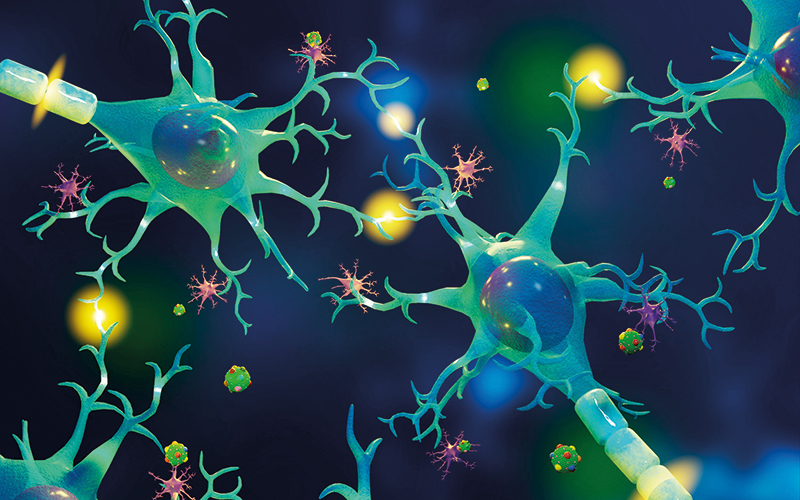US scientists have created a method to detect lipoproteins in the central nervous system that they claim could give new insights into the workings of the brain.

The team found that the particles in our nervous system are much more diverse than previously thought.
They detected more than 300 different proteins associated with the particles – far more than the 16 known previously – that fall into at least 10 different families.
These particles are rich in proteins that affect wound healing, the immune response, and the creation and nurturing of brain cells called neurons that are important for cognitive function. The most common protein on the particles is apolipoprotein E (APOE).
Of the three commonly studied forms of APOE, the form known as APOE4 puts people at higher risk of Alzheimer’s disease.
One copy of the APOE4 gene makes a person approximately four times as likely to develop dementia – a person with two copies is about 12 times more likely.
The leader of the study, Protein Biochemist John Melchior, said: “We’ve known for a long time that in the nervous system, APOE is the primary protein on these particles calling the shots. But we don’t know much more beyond that. Our technology opens the door to learning more.
“What is APOE4 doing? That’s the big question. Why does one form translate to less risk for dementia while a slightly different form confers significant risk? Our technology brings us one step toward more answers.”



